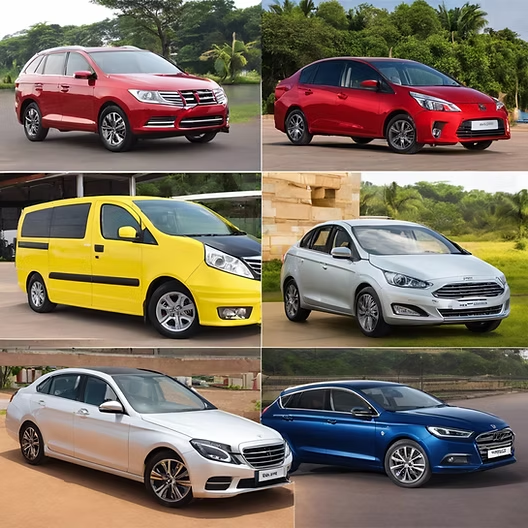Buying a car in Ghana is a big decision, and for most people, the choice is between a brand-new car or a second-hand vehicle, also known as “home-used.” While a fresh, new car straight from the showroom sounds like a dream, many Ghanaians still prefer used cars. But why is this the case, and which option makes sense for daily life on Ghana’s roads?
Despite new car sales increasing by 62% in recent years, brand-new models remain too expensive for many buyers.
Cost
Walk into any car dealership or browse online listings, and you’ll notice that imported second-hand cars dominate the market. According to Graphic Online, over 70% of cars in Ghana are home-used, mostly shipped from the U.S., Europe, and Asia.
According to Autolast Ghana, the price of a brand-new Toyota Corolla in Ghana ranges from GH¢140,000 to GH¢655,000, depending on the model and features. Meanwhile, used Toyota Corollas are available for GH¢89,000 to GH¢190,000, making them a more affordable option for many buyers.
Additionally, Pulse Ghana reports indicate that a decent used car in Ghana can cost anywhere from GH¢80,000 to GH¢300,000, depending on the condition and model. These figures highlight why many Ghanaians opt for second-hand vehicles, they offer significant savings compared to new models.
The cost factor: New vs. Used
Buying a brand-new car gives you peace of mind—there are no hidden faults, and you get a manufacturer’s warranty, meaning you won’t pay for major repairs in the first few years. Newer models also have better fuel economy and come with modern technology like smart infotainment systems and advanced safety features.
However, the downside is depreciation. A new car loses about 20-30% of its value within the first year. That means if you buy a GH¢300,000 car, you could be looking at a resale value of around GH¢210,000 or less after just a year of driving.
Second-hand cars, on the other hand, cost way less upfront. The major concern is maintenance; some imported vehicles arrive with hidden issues, and buyers often spend thousands on fixing problems before the car is roadworthy.
Government policies and the future of car buying
In recent years, the government has been pushing for local car production and reducing the number of imported second-hand cars. The Customs (Amendment) Act, 2020 bans vehicles older than 10 years from entering Ghana, encouraging buyers to go for newer models or locally assembled cars like the VW or Kantanka range.
But despite these policies, home-used cars are still the first choice for most Ghanaians. The reason? Affordability, familiarity, and availability. Many car buyers trust home-used Toyotas and Nissans because they know local mechanics can fix them easily.
Which one wins?
There’s no doubt that brand-new cars offer better reliability, fuel efficiency, and warranties, but home-used cars remain the more practical option for most Ghanaians.
For those who have the money, a new car is a great investment, especially with the rise of local vehicle assembly. But for the majority, a solid second-hand Toyota or Nissan is the safest way to navigate Ghana’s roads without breaking the bank.
What do you think? Are second-hand cars always the better choice, or is it time for Ghanaians to consider buying new?




